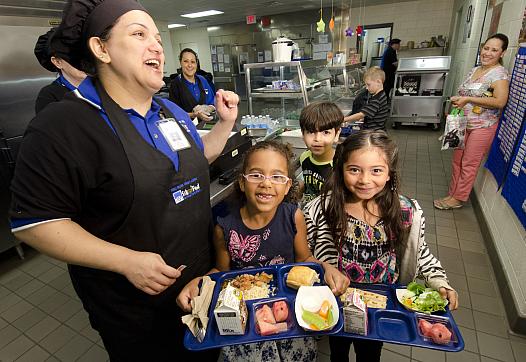
This week brought news of a compromise in the battle over new school lunch standards. It comes quick on the heels of new research that questions critics' claims of tossed food and lost revenues.

This week brought news of a compromise in the battle over new school lunch standards. It comes quick on the heels of new research that questions critics' claims of tossed food and lost revenues.
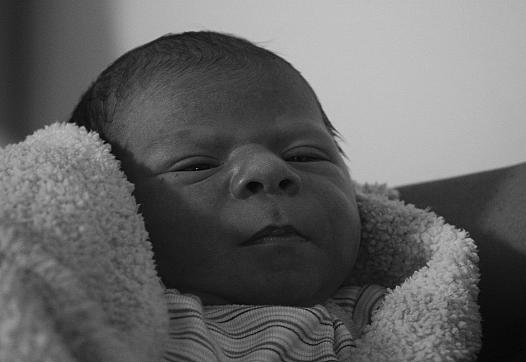
There has been growing recognition in recent years that "toxic stress" can disfigure young lives in lasting ways. But how do health systems begin to address the problem? Daisy Rosario looks at how the Montefiore health system in the Bronx is tackling the issue through pediatric care.
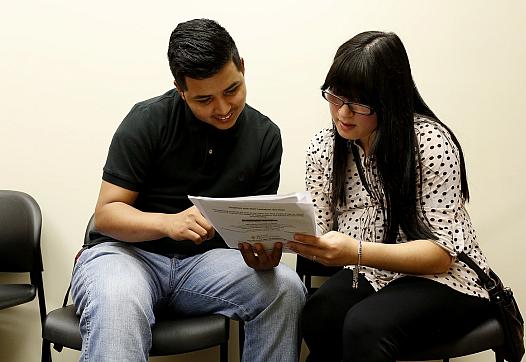
Delaying care or not getting any at all puts the baby and the mother at greater risk of serious medical problems, and Bexar County, Tex., has one of the highest rates in the nation of premature births. So what might be done to ensure mothers get better care, despite scarce resources?
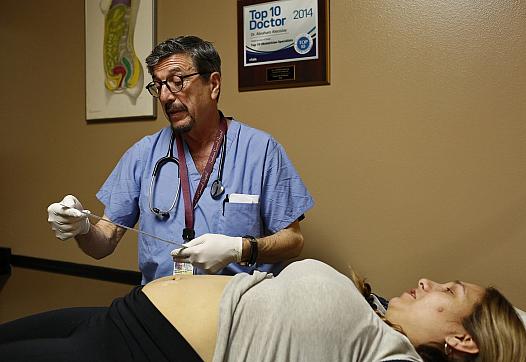
Waiting for Medicaid eligibility is a common experience in Bexar County, Tex., and one big reason why women don't receive prenatal care as early as they should. It contributes to the rising number of babies born to women who received prenatal care after their first trimester — or not at all.

Thousands of babies are born every year in Bexar County, Texas, to mothers who receive no prenatal care. Those women are more likely to give birth prematurely, increasing the odds that their newborns will develop immediate and long-lasting health problems that can be both costly and fatal.

Melody Cao's reporting was undertaken as a California Health Journalism Fellow at the University of Southern California's Center for Health Journalism.
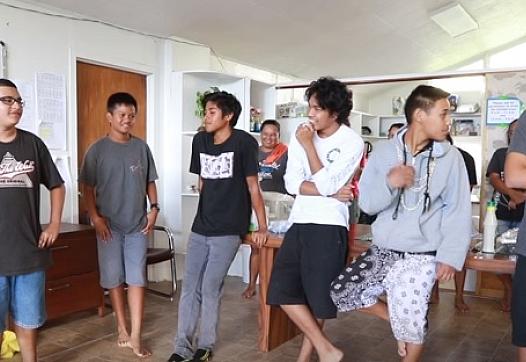
At program for troubled youths in Hawaii revolves around a cultural practice called "hooponopono," a self-reflective process that stresses healing and strengthening relationships to restore balance in one’s life. “This is a very unorthodox program, but it’s not new,” the director says.
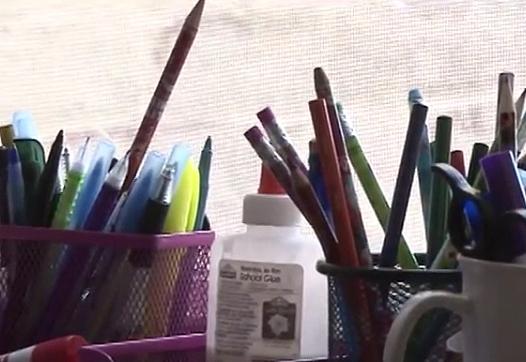
Melody Cao's reporting was undertaken as a California Health Journalism Fellow at the University of Southern California's Center for Health Journalism.
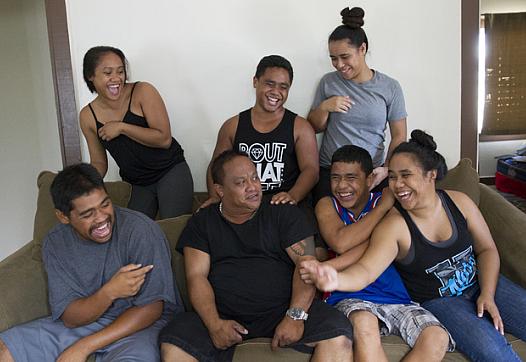
At his lowest point in prison, Simeon U‘u, a broad-shouldered man with tattoos down one arm and a thick silver chain around his neck, doubted he would get his children back. “I felt like I was a bad parent, that I abandoned them.”